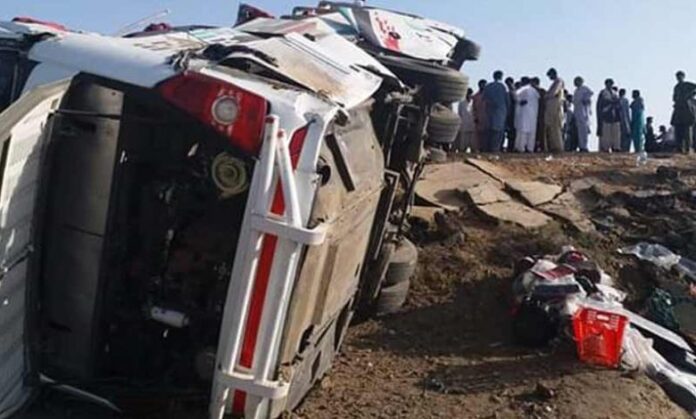
In the age of widespread social media use, the pursuit of online fame has driven people to extreme measures, particularly during tragic incidents. The disturbing trend of prioritizing capturing content over helping those in need is becoming increasingly prevalent.
The ubiquity of social media platforms has transformed society, turning ordinary individuals into content creators, with many aspiring to become YouTubers and Vloggers. The desire to amass followers has led people down a morally questionable path, with the wrong priorities taking precedence.
Consider a scenario where an accident occurs on the road. Instead of rushing to aid the injured, onlookers often prioritize capturing photos and videos of the victims. The collective instinct seems to be driven not by a genuine desire to assist but by the prospect of generating content for personal gain. This raises crucial questions about our values and priorities.
Also Read: Education Department Cracks Down on Underperforming Teachers in Khyber Pakhtunkhwa
During an accident, the primary focus should unquestionably be on providing immediate medical assistance and ensuring the affected individuals are promptly transported to a hospital. Unfortunately, the current trend suggests that many are more concerned with creating content for their online platforms.
The lack of empathy is glaringly evident in such situations. While individuals should be uniting to offer support, there’s a pervasive inclination to exploit misfortune for personal gain. The urgency to document rather than act has desensitized us to the suffering of others.
Witnessing a recent accident firsthand served as a stark reminder of this disturbing phenomenon. Two vehicles collided at high speed, resulting in severe injuries to the occupants. Instead of rushing to aid, nearby shopkeepers prioritized grabbing their smartphones, not to call for help but to capture photos and videos of the victims lying in distress on the road.
This behavior is morally reprehensible and raises legal and ethical concerns. Filming or photographing individuals without their consent is a violation of privacy rights and societal norms. It is essential to question why this inappropriate behavior persists and why it hasn’t been curtailed.
During critical moments, when individuals are vulnerable and in need of immediate assistance, capturing their distress for online engagement is not only ethically wrong but also against the law. The violation of privacy rights in such a vulnerable state underscores the need for a societal shift in values and behavior.
In conclusion, the pervasive trend of exploiting tragic incidents for social media content needs to be curbed. Instead, society should prioritize offering genuine help during emergencies, emphasizing immediate medical aid and hospital care over the pursuit of online fame. It’s time to reassess our values and collectively take a stand against the wrongful prioritization of content creation over human welfare.







